
Harvest (2024, dir. Athina Rachel Tsangari) – BFI London Film Festival
Certificate: TBC
Running Time: 131 mins
UK Distributor: MUBI
UK Release Date: TBC
REVIEWED AT BFI LONDON FILM FESTIVAL 2024
WHO’S IN HARVEST?
Caleb Landry Jones, Harry Melling, Rosy McEwen, Arinzé Kene, Thalissa Teixeira, Frank Dillane, Logan Buchanan, Gary Maitland, Antonia Quirke, Ruby Heritage Crabb, Maya Bonniwell, Chester Hayes, Oran Charlton, Gregor Warnock, Holly Blakey, Lupi Moll, Lisa Thompson, Andrew MacKeand, Tom Bonniwell, Nicola Moll, Jack Mackay, Edith Elliott, Paul Fegan, William Alexander, Leonie Charlton, Rory Barraclough
WHO’S BEHIND THE CAMERA?
Athina Rachel Tsangari (director, writer, producer), Joslyn Barnes (writer, producer), Marie-Elena Dyche, Viola Fügen, Rebecca O’Brien and Michel Weber (producers), Nicolas Becker, Ian Hassett, Caleb Landry Jones and Lexx (composers), Sean Price Williams (cinematographer), Matt Johnson and Nico Leunen (editors)
WHAT’S IT ABOUT?
A farming community faces harsh challenges to its existence…
WHAT ARE MY THOUGHTS ON HARVEST?
There is a sense, all throughout Greek filmmaker Athina Rachel Tsangari’s debut English-language feature Harvest, that you are watching a covert prequel to The Wicker Man. Though it never turns into an all-out horror, the film – as adapted from Jim Crace’s novel of the same name – has a distinct unnerving style that has you fearful that at any given moment, its rural characters will suddenly start burning human sacrifices inside giant wooden effigies, or all sorts of other pagan occultist activity.
But even though it doesn’t become that ridiculous Wicker Man prequel I just pitched, Harvest remains an interesting, if not entirely solid, look at life in a bogged-down community deep within the landscapes where a film such as The Wicker Man might actually take place.
Though never specified what point in time it takes place in, or even in what location, Harvest appears to be set somewhere in the 17th or even 18th century – well before the Industrial Revolution, anyway – on a secluded piece of farmland in or around Scotland. Walter Thirsk (Caleb Landry Jones) is one of many farmhands under the employ of Charles Kent (Harry Melling), the kindly but weak-willed landowner who is also a close childhood friend of Walter’s. Around them, a number of incidents dictate the overall character and ultimate future of the farming community, such as the arrival of cartographer Phillip Earle (Arinzé Kene), hired to create a map of the surrounding area, which draws the suspicions of many of the farmers, including Walter’s lover Kitty Gosse (Rosy McEwen). There’s also a trio of outsiders who are baselessly accused of a fire that nearly destroys their stables, with the two men shackled up in public view, and the woman (Thalissa Teixeira) humiliated by having her hair cut off and, in full Ye Olde England tradition, promptly accused of witchcraft.
There are notable layers to Tsangari’s feature, many of them concerning the complex nature of being within a community so cut off from the outside world that the mere presence of anything that doesn’t remotely belong brings nothing but fire and pitchforks. For instance, our de facto protagonist Walter, as whom Jones makes a compelling argument for being this generation’s less problematic Johnny Depp, is the rare figure among these born-and-bred farmers to have had experience in the outer world, having been raised in town as a child before his mother worked as a nursemaid for Kent’s family. His rugged learnedness makes him something of an anomaly among his adopted community, which is often not as friendly towards him as a result, for reasons that call to mind a certain feeling of superiority among a group of people who might envy someone within their ranks as having more knowledge than they likely ever will.
Its themes of mob mentality and general resistance towards anything outside the status quo do raise some intriguing parallels to how aspects of our modern society tend to function. The distrust of Kene’s well-meaning map-maker Earle, especially from McEwen’s Kitty who hates him right off the bat, does unfortunately reflect the reactionary nature of crowd furore, particularly when race is involved (to a point where I’m surprised that Kitty and her fellow farmers don’t also accuse Earle of eating their pets). Things aren’t exactly improved by their volatile reactions to those merely blamed for certain wrongdoings, which in an age where anyone can blindly implicate others from the safety of their anonymous online profile, almost feels prophetic to the way that we tend to take everything at face value and flatly refuse to even consider looking closer at the events themselves.
Tsangari, who co-wrote the Jim Crace adaptation with Joslyn Barnes, takes a slow-burn approach to exploring all these themes and modern-day parallels, accompanied by some luscious and grainy 16mm cinematography by Sean Price Williams that encapsulates the far-reaching rural landscapes like photographs of another era entirely. Sometimes, though, the pace will feel a bit too sluggish, with long stretches wherein it feels as though it’s constantly building towards a monumental event that never fully forms, while a number of scenes drag on for longer than they perhaps ever needed to. It’s also the kind of film that makes its villain very apparent from the moment that they are introduced, with the one in this film – Fear the Walking Dead’s Frank Dillane as a sneering posh gent with the bowl haircut of Rowan Atkinson in that first season of Blackadder – almost giving the similarly detestable antagonist from The Promised Land a run for his money. Though, in a film that is filled with a lot of down-to-earth and naturalistic turns, Dillane’s boo-hiss turn sticks out like a more theatrical thumb.
While it might not be as tight around the edges as similar farm-based historical epics may be, Harvest feels like a Wicker Man movie if it took place in the same universe as Terrence Malick’s Days of Heaven. Again, though, this is not even close to being a pagan horror movie, but the fact that this feeling remains with you all throughout means that there is some power to its underlying sinister nature.
SO, TO SUM UP…
Harvest is a decent slow-burn historical epic that raises some interesting parallels to aspects of our modern-day reactionary society, but despite being very well-made it is too sluggish and on occasion too theatrical for it to truly embrace its roots.
Click here to find how you can see Harvest at this year’s BFI London Film Festival!
Other than that, it’s too early for cinema showtimes (if any), but stay tuned!




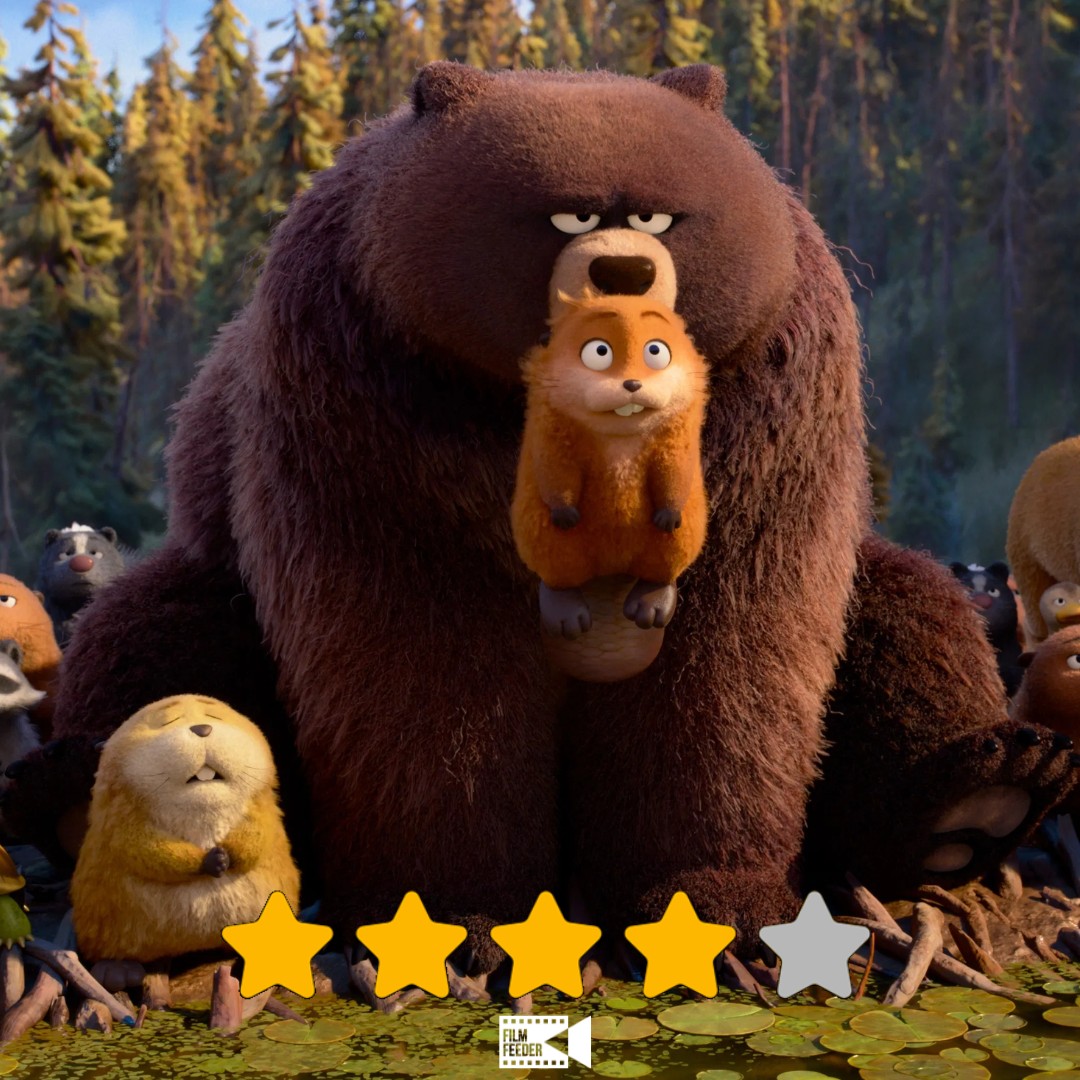
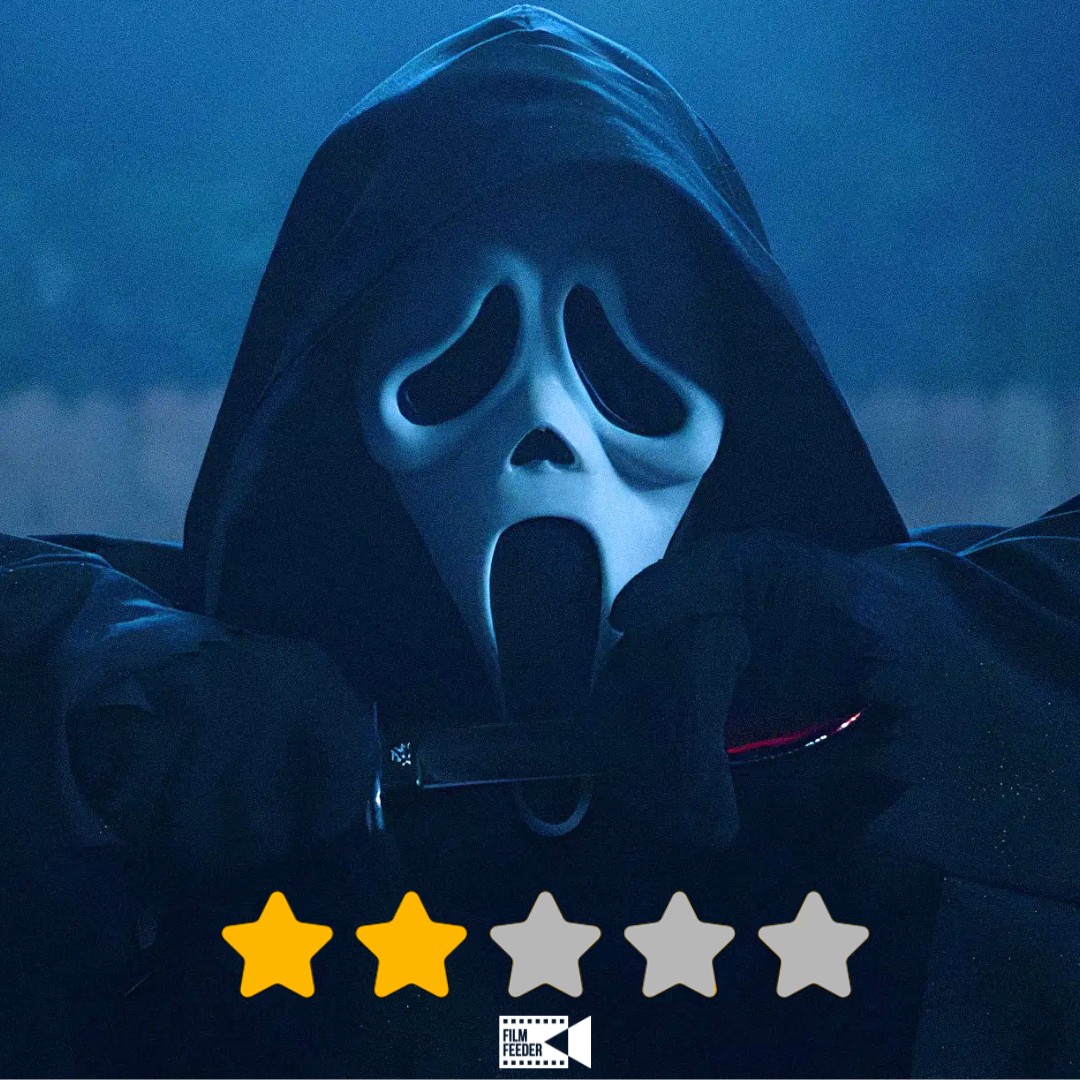
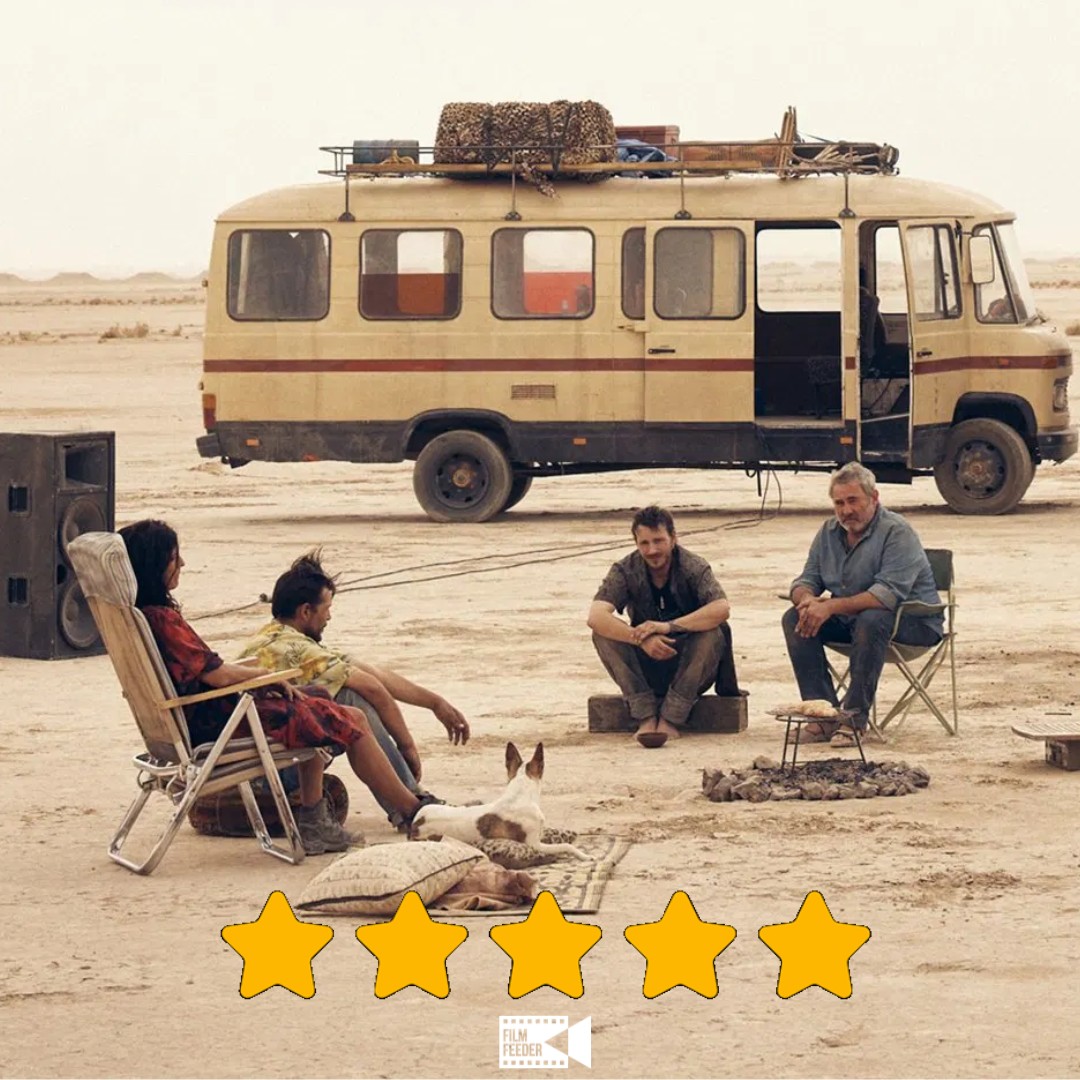
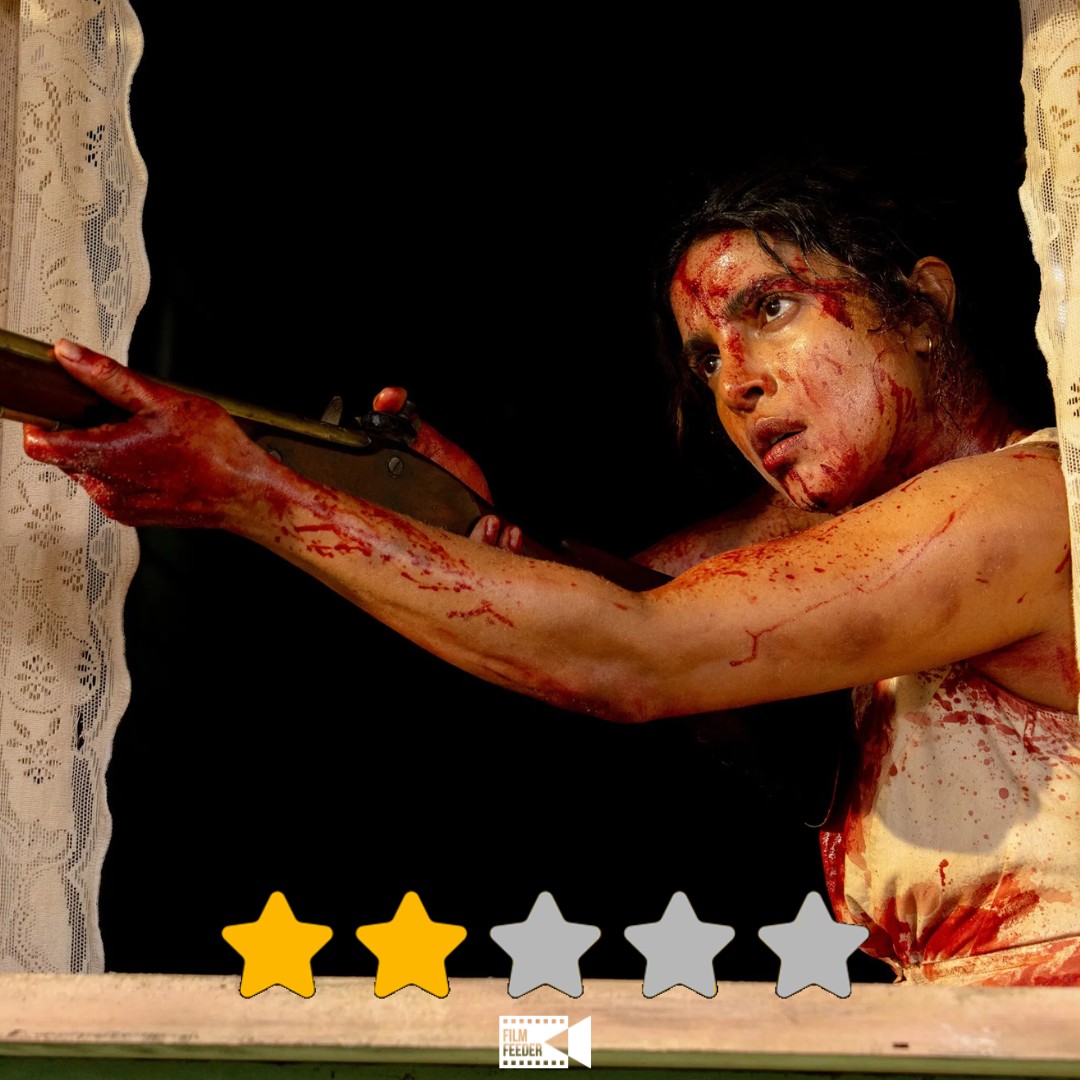
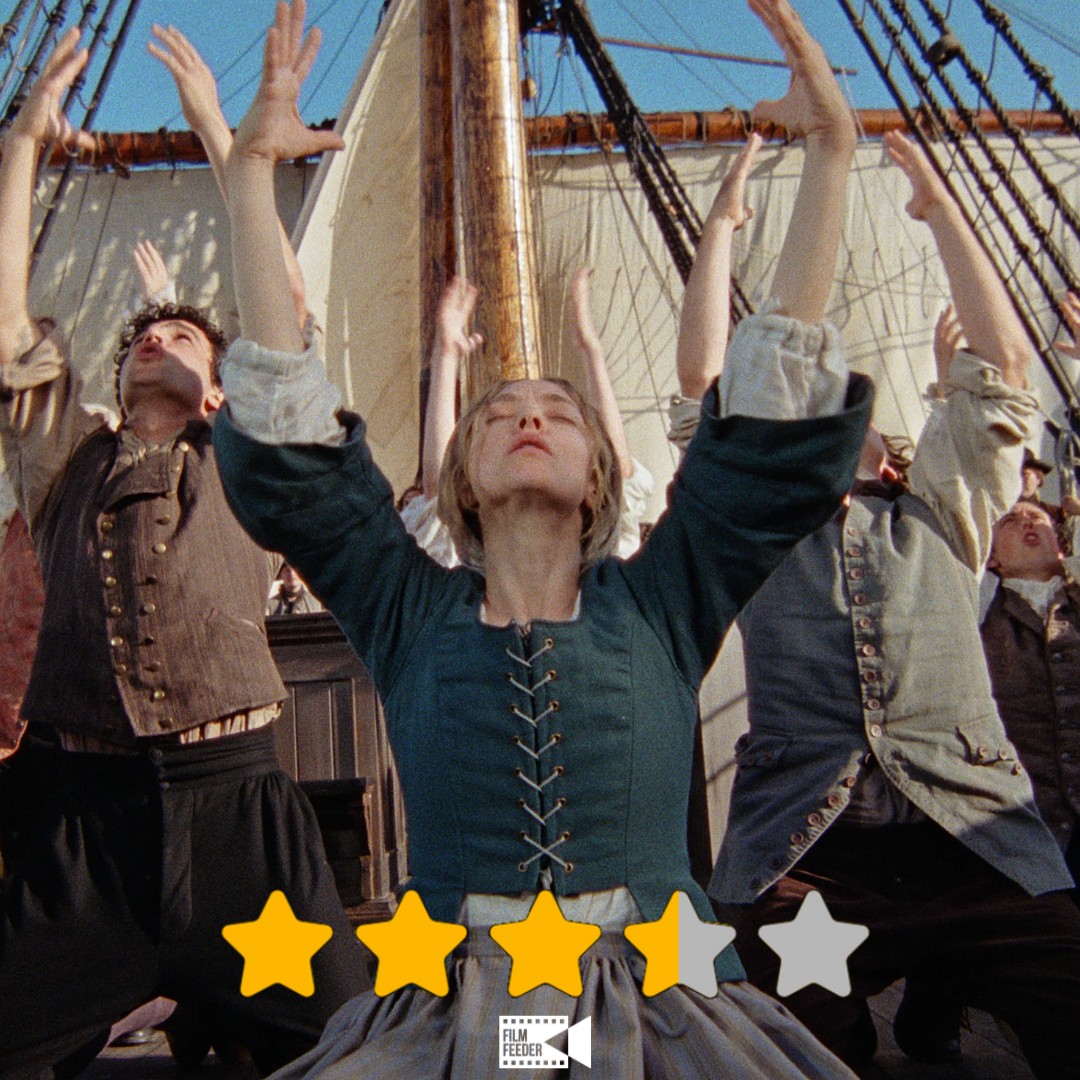
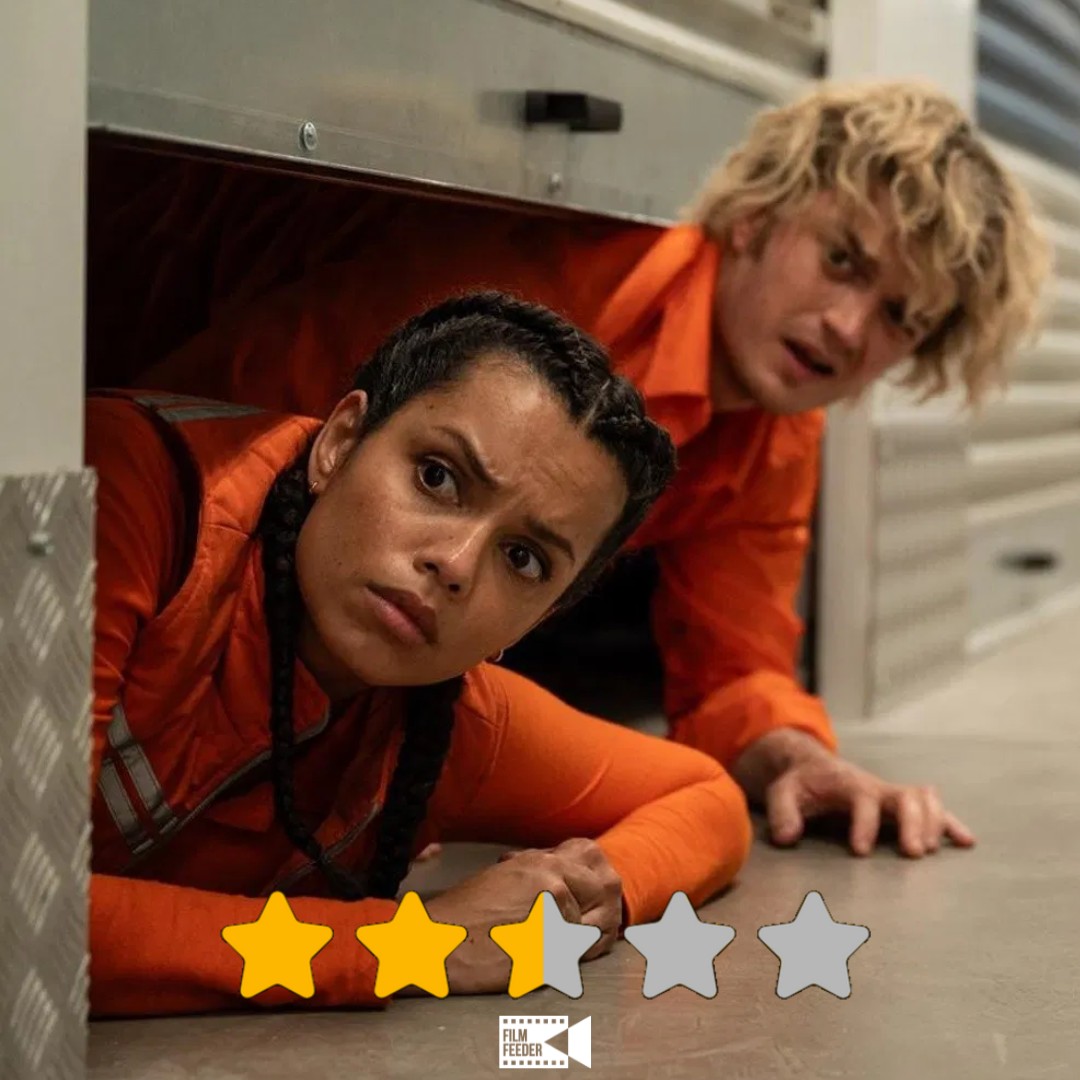

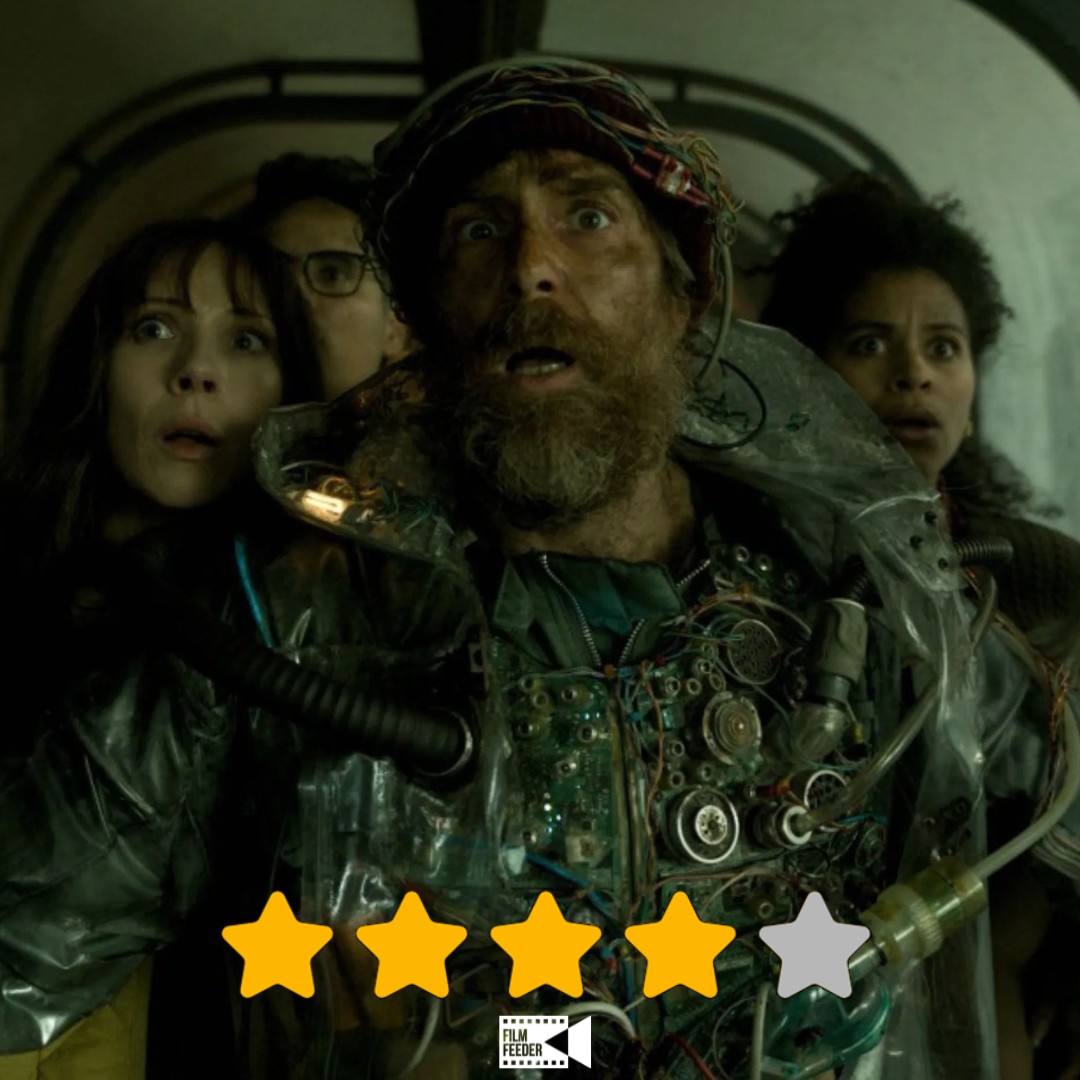
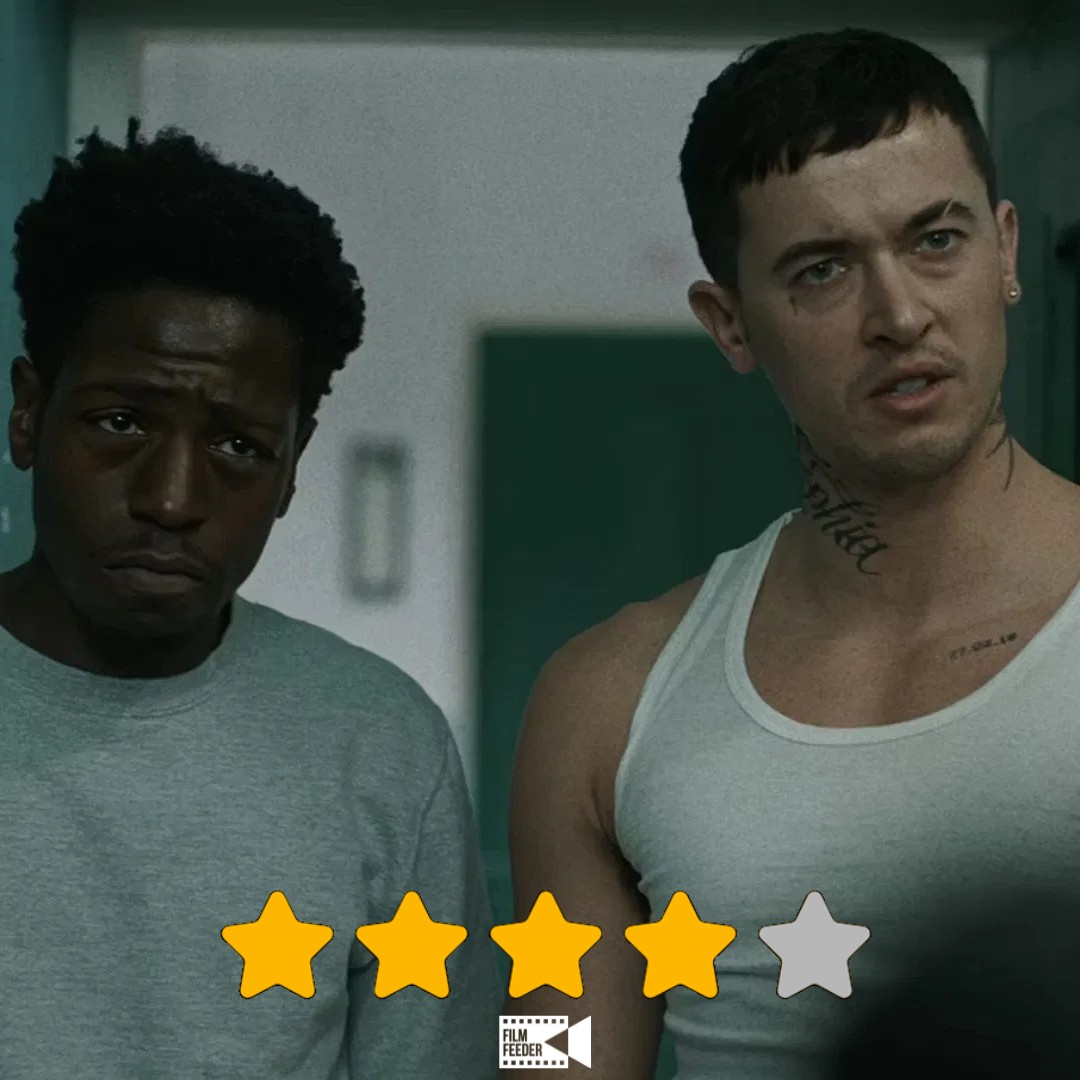
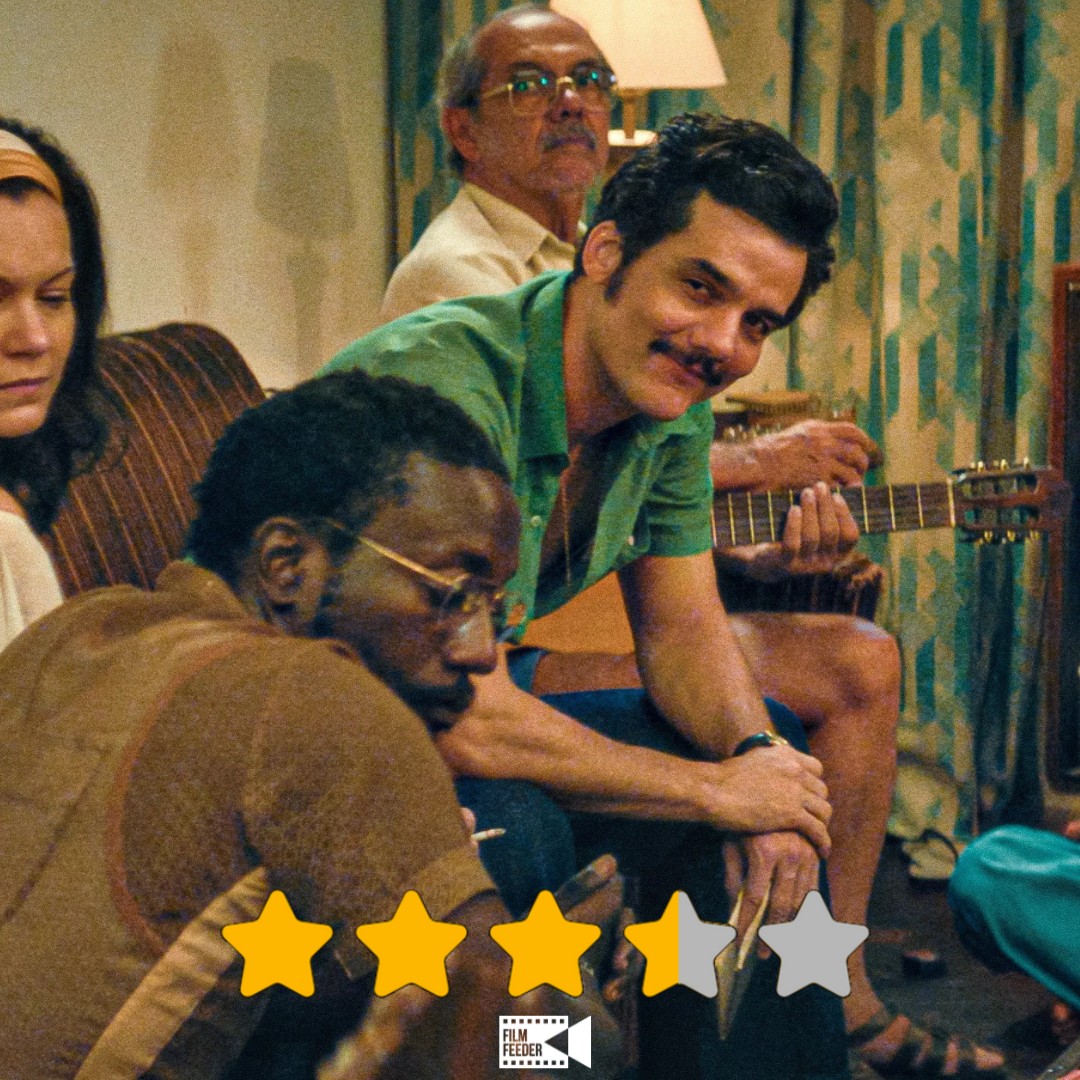
0 Comments